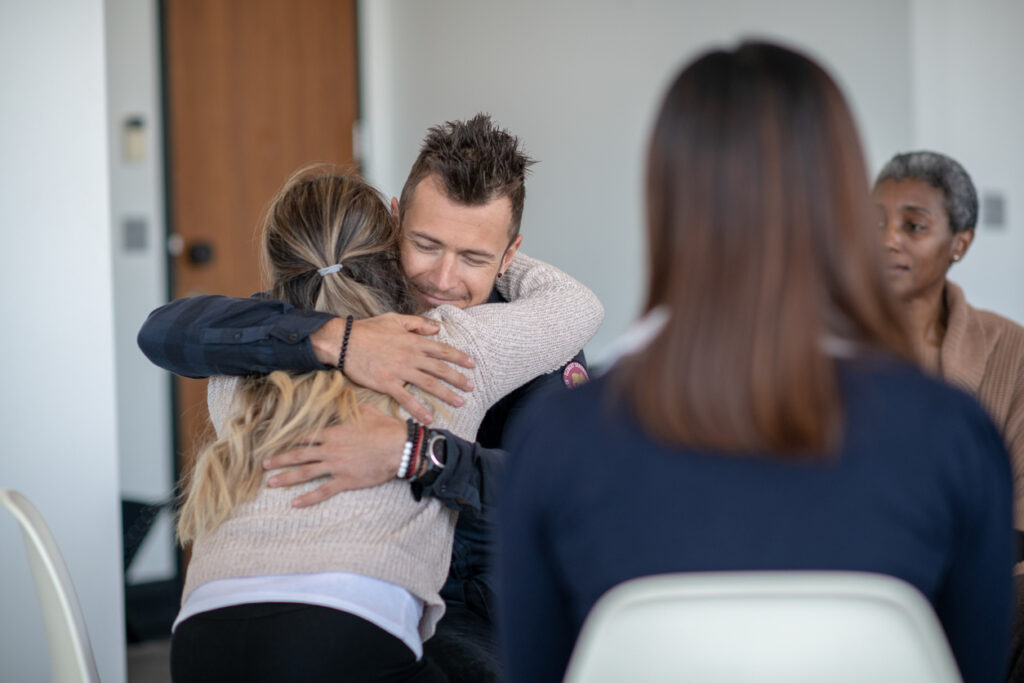-
Modalities
-
-
Recovery from substance addiction is a challenging but transformative journey. The decision to research drug rehab programs is an excellent first step in the recovery process. Choosing the right program can shape the path to a healthier, substance-free life.

The realm of addiction is as diverse as the people it affects. Drug rehab programs offer a range of options designed to cater to different levels of addiction and needs. These options span the continuum from intense care to more flexible arrangements.

As the Medical Director at New England Psychiatric Consultants, I’m dedicated to elevating mental health care through compassionate, evidence-based practices. With a robust clinical background and leadership experience, I work closely with multidisciplinary teams to design and deliver comprehensive outpatient and consultative psychiatric services. I’m passionate about championing innovative treatment approaches and optimizing patient journeys from assessment through recovery.
Key Expertise & Achievements
Leadership in clinical operations, quality assurance, and regulatory compliance
Implementation of integrated care models that enhance patient access and outcomes
Expertise across mood disorders, anxiety, and serious mental illness
Advanced training in psychopharmacology, psychotherapy, and collaborative care strategies
Professional Approach
Driven by empathy, teamwork, and data-informed decisions, I strive to foster environments where clinicians and patients alike feel supported. Whether guiding team development, streamlining care pathways, or navigating complex cases, I take a thoughtful, solution-oriented stance.